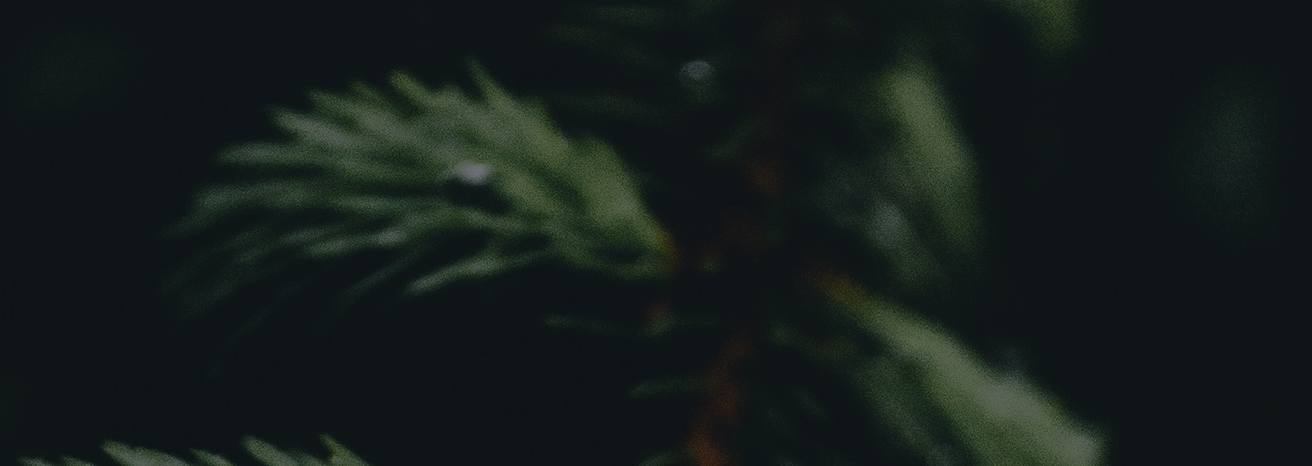Lymph node biopsy
This is a diagnostic procedure aimed at collecting and analyzing a tissue fragment from a lymphatic structure. The method helps determine whether there are pathological changes in the lymph nodes, including inflammatory, infectious, or malignant processes. The study is widely used in oncology, hematology, and infectious medicine.
Indications for Lymph Node Biopsy
A tissue biopsy may be indicated in cases of:
-
prolonged lymph node enlargement without a clear cause;
-
suspected malignant process (cancer, lymphoma);
-
unexplained fever and inflammatory reactions;
-
need to clarify diagnosis after imaging (ultrasound, CT, MRI);
-
monitoring the effectiveness of ongoing treatment.
It may also be indicated before surgery or chemotherapy in oncological conditions.
Contraindications for Lymph Node Biopsy
There are certain limitations where the procedure is not recommended:
-
severe blood clotting disorders;
-
acute infections at the puncture site;
-
allergy to anesthetics;
-
unstable general condition of the patient.
The decision is made individually by the physician, considering the balance of benefits and potential risks.
Biopsy Methods
Fine Needle Aspiration Biopsy (FNAB)
A minimally invasive method in which cells are collected using a thin needle for cytological analysis. Usually performed under ultrasound guidance. Used for superficial nodes and in patients with a high risk of complications.
Core Needle Biopsy
Performed with a thicker needle and allows for a tissue core sample for histological analysis. Provides more information than FNAB. Often used when cancer is suspected.
Incisional and Excisional Biopsy
Incisional biopsy involves partial removal of the lymphatic structure, while excisional biopsy means complete removal. These are performed under local or general anesthesia, often in an operating room.
Sentinel Lymph Node Biopsy
Aimed at assessing the sentinel node — the first lymph node to which tumor cells spread. Indispensable in breast cancer and melanoma. Helps avoid unnecessary removal of unaffected lymph nodes.
Preparation for the Procedure
The preparation stage includes:
-
specialist consultation and medical history taking;
-
clinical and biochemical blood tests;
-
coagulation tests to assess clotting;
-
discontinuation of anticoagulants several days prior.
Ultrasound or CT may be required to locate the lymph node precisely.
How the Material is Collected
The patient is placed in a comfortable position, the intervention area is disinfected and anesthetized. The doctor then performs the puncture, collects the tissue, and sends it to the lab. Duration of the procedure: 10–40 minutes depending on the method.
Afterward, a bandage is applied and care instructions are given to the patient.
Post-Procedural Period
Recovery is usually quick. Mild pain, swelling, or bruising at the site may occur. It's important to follow the doctor's advice:
-
avoid getting the area wet for 24 hours;
-
avoid physical exertion;
-
monitor body temperature.
If signs of infection appear (redness, discharge, fever), consult a doctor.
Research Results
The results are usually ready in a few days. The report helps to:
-
confirm or exclude a malignant process;
-
identify the type of tumor or inflammation;
-
clarify the stage of disease;
-
determine the next steps in treatment.
Sometimes additional immunohistochemical or molecular studies are required.
Possible Complications
Although rare, possible complications include:
-
bleeding;
-
wound infection;
-
damage to nearby structures (in deep nodes);
-
allergic reaction to anesthesia.
With proper technique and adherence to recommendations, complications are extremely rare.
Lymph Node Biopsy in Russia
In Russia, this procedure is performed in both public and private clinics, as part of diagnostics or planned oncological treatment.
Clinics
- N.N. Blokhin National Medical Research Center of Oncology (Moscow) — the largest cancer center in Russia, offering all types of biopsies including sentinel and incisional.
- EMC (European Medical Center, Moscow) — a private clinic with advanced equipment, minimally invasive tissue collection methods, and a personalized approach.
- MEDSI — a network of clinics with access to modern diagnostic and surgical techniques, including ultrasound and CT-guided procedures.
Cost
The price depends on the method, depth of the node, anesthesia, and clinic level. Average prices:
-
Fine needle or core biopsy — from $100 to $250
-
Incisional or excisional — from $320
-
Sentinel node biopsy — from $380
Exact cost is provided during consultation.
How the MARUS Platform Helps
MARUS helps international patients undergo diagnosis and treatment in leading clinics in Russia. The platform provides:
-
clinic selection;
-
doctor appointment and support;
-
assistance with documentation and translations;
-
coordination of logistics and interpreter services.
MARUS makes diagnostics and treatment in Russia understandable and accessible — from first contact to final results.
Ophthalmology
Oncology
Plastic Surgery
Dentistry
Care Assistants
All information on this website is provided for informational purposes only and does not constitute medical advice. All medical procedures require prior consultation with a licensed physician. Treatment outcomes may vary depending on individual characteristics. We do not guarantee any specific results. Always consult a medical professional before making any healthcare decisions.

Doctors
Choose the package that suits you best — from selecting the right doctor and clinic to full trip and treatment organization
MARUS support options
Choose a package that works for you — from choosing your doctor to full-service travel and treatment
Send a request
You choose the clinic — we’ll take care of travel and treatment arrangements and all the paperwork.

